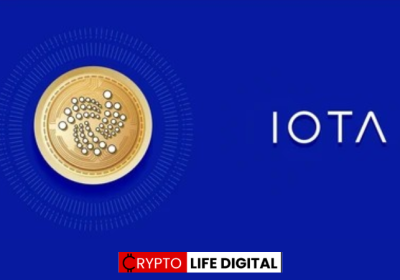How To Protect Your Cryptocurrency From Hacks And Theft

Cryptocurrency is a digital asset that can be easily accessed by hackers and thieves if not properly protected. In recent years, there have been several high-profile cases of cryptocurrency hacks and thefts, leading many investors to take extra precautions to protect their investments. In this article, we’ll cover the basics of how to protect your cryptocurrency from hacks and theft, including best practices for security and tips for keeping your assets safe.
- Choose a Secure Wallet
The first step in protecting your cryptocurrency is to choose a secure wallet to store your assets. There are several types of cryptocurrency wallets available, including hot wallets (connected to the internet) and cold wallets (offline). Cold wallets are generally considered to be more secure, as they are not connected to the internet and are therefore less vulnerable to hacks.
When choosing a wallet, be sure to research the security features and reputation of the provider. Look for wallets that offer two-factor authentication, encryption, and other security measures to protect your assets.
Read Also: Full Guide On How To Invest In Altcoins
- Use Strong Passwords
Just as with any online account, it’s important to use strong passwords to protect your cryptocurrency wallet. Avoid using easily guessable passwords, such as “password” or “123456,” and consider using a password manager to generate and store complex passwords.
- Enable Two-Factor Authentication
Two-factor authentication (2FA) adds an extra layer of security to your cryptocurrency wallet by requiring a second verification step, such as a code sent to your phone or email. This can help prevent unauthorized access to your wallet even if your password is compromised.
- Keep Your Software Updated
Cryptocurrency wallets and exchanges are constantly improving their security measures to stay ahead of potential hacks and attacks. To ensure that you are protected against the latest threats, be sure to keep your software and security measures up to date.
- Use Multiple Wallets and Exchanges
While it may be tempting to store all of your cryptocurrency in a single wallet or exchange, this can make you more vulnerable to hacks and theft. Consider using multiple wallets and exchanges to spread your assets across different platforms and minimize your risk.
- Be Careful with Public Wi-Fi
Public Wi-Fi networks can be a security risk, as they are often unencrypted and can be easily accessed by hackers. Avoid using public Wi-Fi networks when accessing your cryptocurrency wallets or exchanges, and instead use a secure, private internet connection.
- Keep Your Private Keys Secure
Private keys are the codes that allow you to access your cryptocurrency assets, so it’s important to keep them secure. Consider storing your private keys offline in a secure location, such as a safe or safety deposit box.
Read Also: Great News! Shibarium Reaches 100K Wallets
Phishing scams are a common tactic used by hackers to steal cryptocurrency. These scams often involve sending fraudulent emails or messages that appear to be from a legitimate source, such as a cryptocurrency exchange or wallet provider. Be wary of any unsolicited messages or requests for personal information, and never click on links or download attachments from unknown sources.
- Use Cold Storage for Long-Term Storage
If you are planning to hold onto your cryptocurrency for the long term, consider using cold storage to store your assets offline. Cold storage can include hardware wallets or paper wallets, which are designed to keep your private keys offline and secure.
In conclusion, Protecting your cryptocurrency from hacks and theft is essential to ensure that your investments remain safe and secure. By following these best practices for security, such as choosing a secure wallet, using strong passwords and 2FA, and keeping your software updated, you can minimize your risk and maximize your chances of success in the cryptocurrency market.
Follow us on Twitter, Facebook, Telegram, and Google News

Dr. Olajide Samuel juggles the demands of medical studies with a passion for cryptocurrency. A seasoned blogger, Olajide shares his vast global knowledge of the crypto space, offering insights to enthusiasts. Despite his busy schedule, his commitment to crypto remains strong, and he actively seeks ways to contribute to its future.










